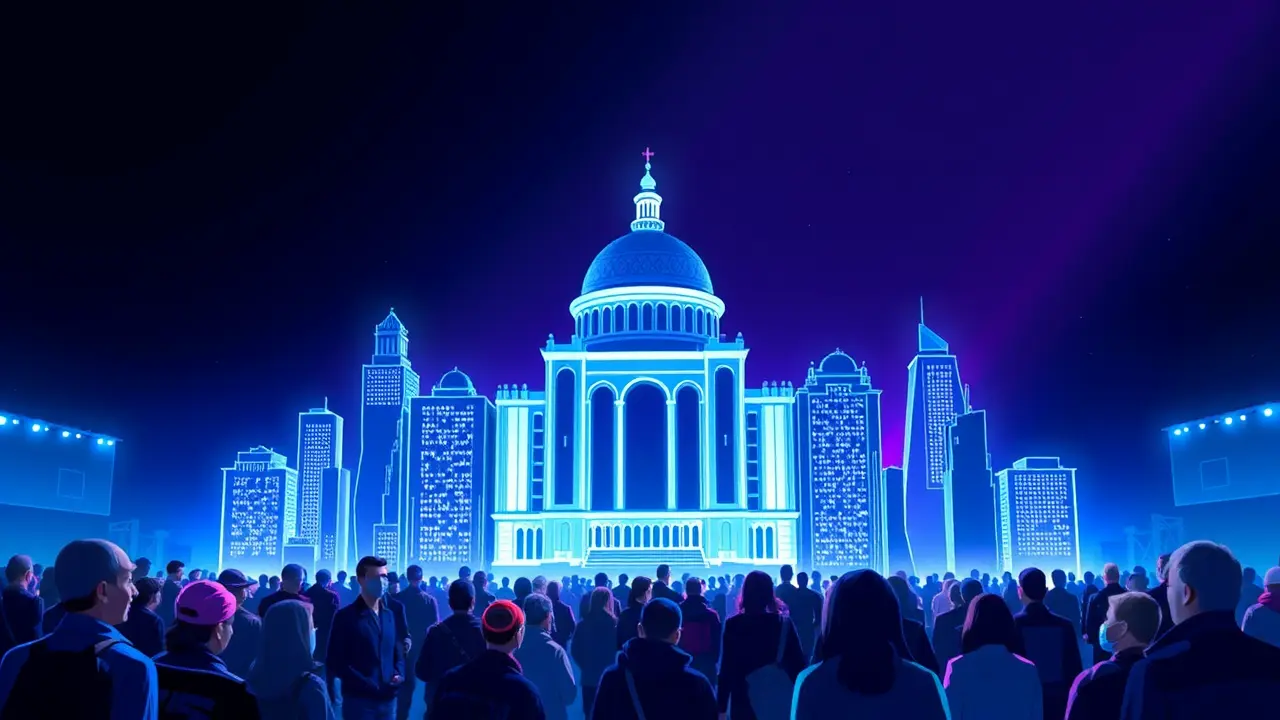
Politicsprotests & movements
International Rights Meeting Held in Bogotá Amid Organized Crime Threat.
EM
Emma Wilson
3 days ago7 min read
This week, the Colombian capital of Bogotá transforms into the global epicenter for human rights defense as more than 400 activists from over 100 nations converge for the International Federation for Human Rights’ pivotal 42nd Congress, a gathering shadowed by the escalating and insidious threat of transnational organized crime syndicates whose tentacles now strangle democratic institutions and terrorize vulnerable communities across Latin America with chilling efficiency. The very choice of location—a city, a nation, a region grappling daily with the violent repercussions of narco-trafficking, illegal mining, and paramilitary forces—speaks volumes, a deliberate, courageous stand against the darkness, a statement that the defenders will not retreat but instead bring their fight directly to the front lines.Behind the diplomatic protocols and procedural agendas lies a raw, urgent struggle for the soul of civil society; these are not merely delegates but lawyers receiving death threats for defending displaced farmers, environmentalists risking their lives to protect the Amazon from land grabbers, and journalists uncovering corruption who now live under permanent guard. The FIDH itself, a federation with a century-old legacy born from the ashes of world wars to uphold the Universal Declaration, now faces perhaps its most diffuse and adaptable adversary yet: criminal enterprises that operate like shadow governments, corrupting police, judiciary, and local politicians, blurring the lines between war and peace, and creating a pervasive climate of fear that silences dissent.In Venezuela, gangs like the Tren de Aragua have evolved into international criminal franchises, while in Mexico, cartels wield power rivaling the state, and in Honduras and El Salvador, maras extort with impunity; this congress must therefore move beyond condemnation to forge a new, resilient toolkit for protection, perhaps advocating for international courts to prosecute crimes against humanity when national systems fail, or pushing for financial sanctions that target the illicit assets fueling these empires. The human cost is measured in thousands of disappeared, murdered activists, and entire communities subjugated, a silent emergency that demands more than just resolutions—it demands a global awakening to the fact that the battle for human dignity is now being fought not only against authoritarian regimes but against profit-driven criminal networks that recognize no borders, no laws, and no humanity. As these defenders share strategies in Bogotá, their collective resolve echoes as a beacon of hope, but the world must listen, for their security, and the future of fundamental freedoms, hangs in a perilous balance, threatened by an enemy that operates in the shadows, waiting for the light of international attention to dim.
#human rights
#organized crime
#FIDH
#Latin America
#Bogotá
#international congress
#featured
Stay Informed. Act Smarter.
Get weekly highlights, major headlines, and expert insights — then put your knowledge to work in our live prediction markets.
Comments
It’s quiet here...Start the conversation by leaving the first comment.
© 2025 Outpoll Service LTD. All rights reserved.